It’s taken a few weeks for me to gather my thoughts and emotions about the recent (and ongoing) fires and destruction in Los Angeles. I can only imagine the anguish people are feeling who have lost everything but their lives. My perspective is that of someone who knows L.A. intimately but no longer lives there. It’s been painful to watch the destruction from afar. Though much of L.A. still stands - and no doubt the city will eventually rebuild - it and its people are grieving. And since writing is one of the ways in which I grieve, I want to share with you the Los Angeles that I once knew.
I entered the city of angels for the first time heading west on Interstate 10 on a blazing hot day in August 1995. Before this I had never been to L.A. or California or anywhere west of Ohio. I was there now because I’d been accepted to graduate film school at the University of Southern California. My license was less than a month old and I’d owned the car I was driving for only a couple of weeks. I’d spent the past 8-10 days driving from Philadelphia, PA—that is, really learning how to drive and, thankfully, at high speeds [the first thing to know about L.A. is that people drive fast there]. It wasn’t a sexy entrance, but I’d made it! I was totally overwhelmed.
I now know this not to be true, but at that time what L.A. represented to me more than anything else was HOLLYWOOD—both the business and the myth.
Everything I knew about the city, every image and every impression, was from media. Movies like Sunset Boulevard, Chinatown, Down and Out in Beverly Hills, Beverly Hills Cop, Die Hard, Boyz in Da Hood, Speed; television shows like Melrose Place, Baywatch, Beverly Hills 90210; news footage of the Rodney King beating, subsequent police trials, the post-trial riots, and O.J.’s Bronco car chase (which happened just two months before I arrived); and music - so much music - Tupac (still alive in 1995), Ice-T, N.W.A., Fishbone, The Beach Boys, the Doors, Metallica, The Eagles, and so much more.
[The brilliant opening to Sunset Boulevard (1950, Paramount Pictures) directed by Billy Wilder.]
L.A. was Iconic. Legendary. Similar in its romantic mysticism to New York City but even more exotic and new and warm and perfect. It was full of possibilities. A place where dreams came true. Where anything could and did happen. The city radiated with golden sunshine, blue skies, tall palm trees, millions of cars and people, some of the most beautiful people I’d ever seen. Anytime I encountered one of these perfect people I wondered if they were an actor or a pornstar or an agent. I couldn’t stop thinking that I was breathing the same air as many of the actors and directors that I admired.
That first year of school, I spent any down time driving through the city trying to locate some of the places that I’d seen in films or heard about in the news. This was before GPS, so I got lost a lot. But this was how I got to know the city… by driving, getting lost, pulling over to refer to my Thomas Guide, and gradually using the topography to figure out where I was. The Hollywood hills were north (unless in The Valley and then they were south), the sun rose in the east over downtown L.A. and set in the west over the Pacific Ocean, the airport and my school were south.
My favorite drive was to take Sunset Boulevard west starting in Hollywood all the way to the ocean, then up the Pacific Coast Highway (PCH) past Pepperdine University and Zuma Beach to one of the remote clothing optional beaches that only local folks knew about, followed by lunch at Neptune’s Net, a biker bar in Ventura County. On the way home, I’d drive the PCH south through Malibu, maybe stop at Moonshadows to catch the sunset, and then continue south to Santa Monica and east again on the 10 freeway to home. [Much of this route has completely burned to the ground.]
I went out by myself at night too. Hotel bars, tiki bars, places I’d heard of like the Beverly Hills Hotel, the Viper Room (where River Phoenix died), El Coyote (where Sharon Tate had her last meal), and eventually, places that people told me about.
Once, while getting a drink at the Beverly Hills Hotel bar, Barbra Streisand walked by me, so close I could reach out and touch her (I didn’t). Another time, while driving west on Sunset Boulevard, the city aglow with that orange sunset light, the song Hotel California came on the radio. I turned it up as loud as my car radio would go and screamed it at the top of my lungs.
It all felt unreal. Magical. Sun-kissed and golden. Spacious. It was unlike any other city I’d been to and certainly light years away from any city on the East Coast, which now seemed extremely stuffy, dirty, old fashioned, cramped, and grey in comparison.
Of course, as the years passed and I got to know the city better, got an apartment, started dating, made friends and films, worked in production and at various studios, the city’s mystique dissipated a bit. L.A. became more of a reality.
When I met my late husband Kaz, who worked in the music business, he exposed me to LA’s vibrant live music scene. We went to shows at The Western, the Troubador, The Hollywood Palladium, the Whiskey A Go Go, and dozens of other spots all over the city. We also explored other places: Joshua Tree National Park, the Hearst Estate (the inspiration for Charles Foster Kane’s “Xanadu” in Citizen Kane), and drove the PCH all the way up to San Francisco (like Dustin Hoffman in The Graduate).
When Kaz got sick, I got to know the city in a whole different way, from suites and rooms in Cedars-Sinai Medical Center - where Paris Hilton once walked by us in the waiting room, buildings and wings were named after Steven Spielberg and Johnnie L. Cochran, hallways were lined with original artworks by Picasso, Rauschenberg, Chagall, de Kooning, and others, and a pianist played a grand piano in the lobby daily - to support groups in West L.A., Thai Chi gatherings in the hills, and the Hollywood farmer’s market.
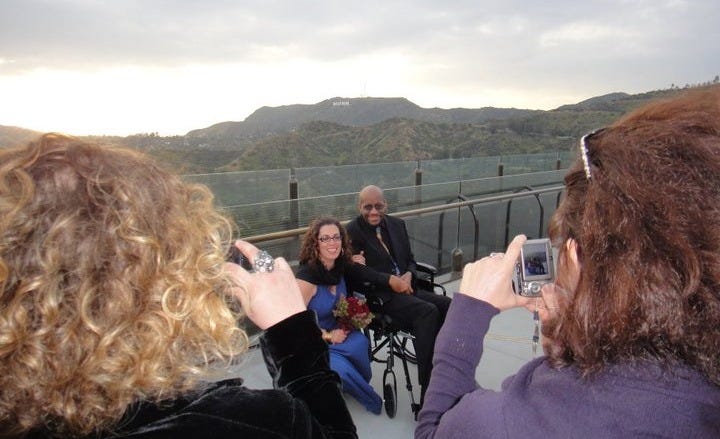
It was around this time that L.A. took on a surreal quality. It was an extremely odd place to be dealing with illness and death, to be gripped in the throes of grief - a city obsessed with health and fitness and entertainment, always sunny and so very bright. I got tired of it after a while. The original magic and mysticism and dreamy feeling of limitless possibilities had finally worn off. So, I left… 19 years (almost to the day) after arriving, this time with my dog Ruby.
It’s safe to say that, while I grew up on the east coast, L.A. was where I became an adult and really learned about life, love, film directing, and more. In subsequent visits, the city has struck me as both different and, in many ways, the same as I remembered it.
Now, with these fires, it has radically changed. Entire neighborhoods are gone leaving behind only the memories. When I lived there, there were fires but never quite like these—in multiple densely populated areas, with up to 100 mile per hour winds, and during a drought. There’s not one person in the city who hasn’t been affected by the air quality and stress of the situation, not to mention the unfathomable amount of loss. I wish I could donate to everyone who needs help. I wish I could wrap my arms around the entire city and hold it tight.
Next month, I’ll be in L.A. again for a film festival and will drive through some of the places that burned to pay my respects. For now, I just wanted to share some of these memories and remember how much this beloved city means to me.




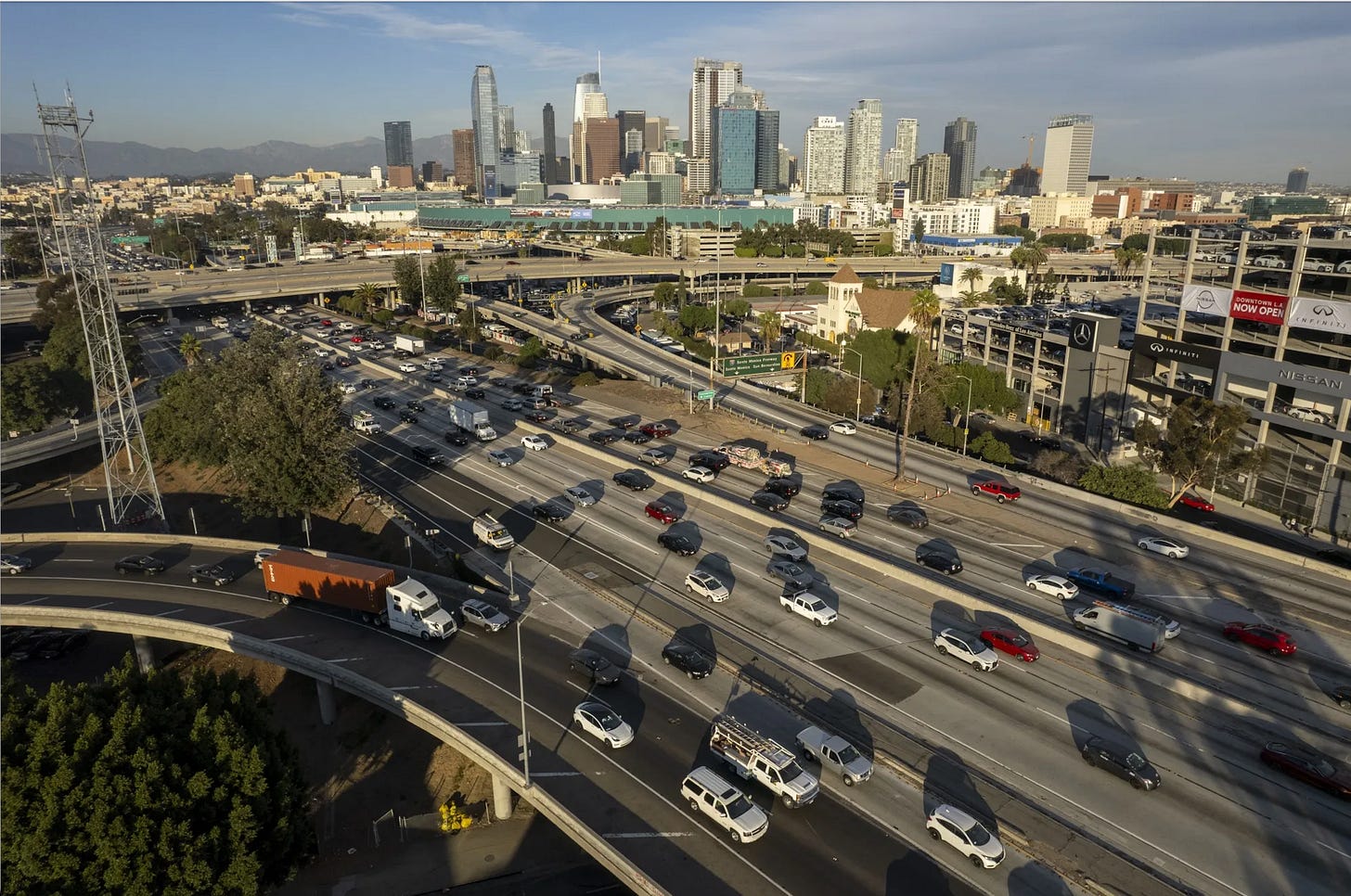
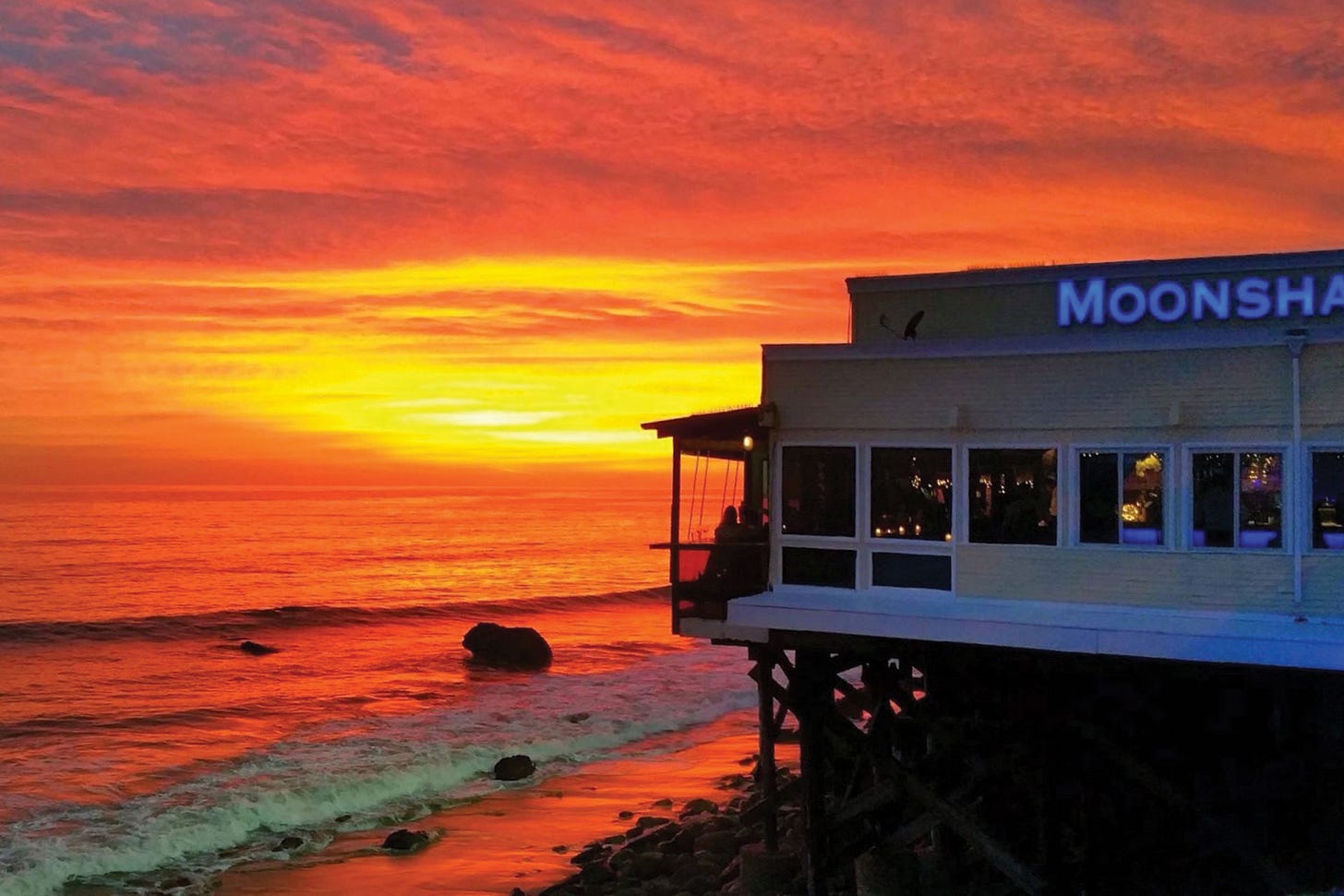
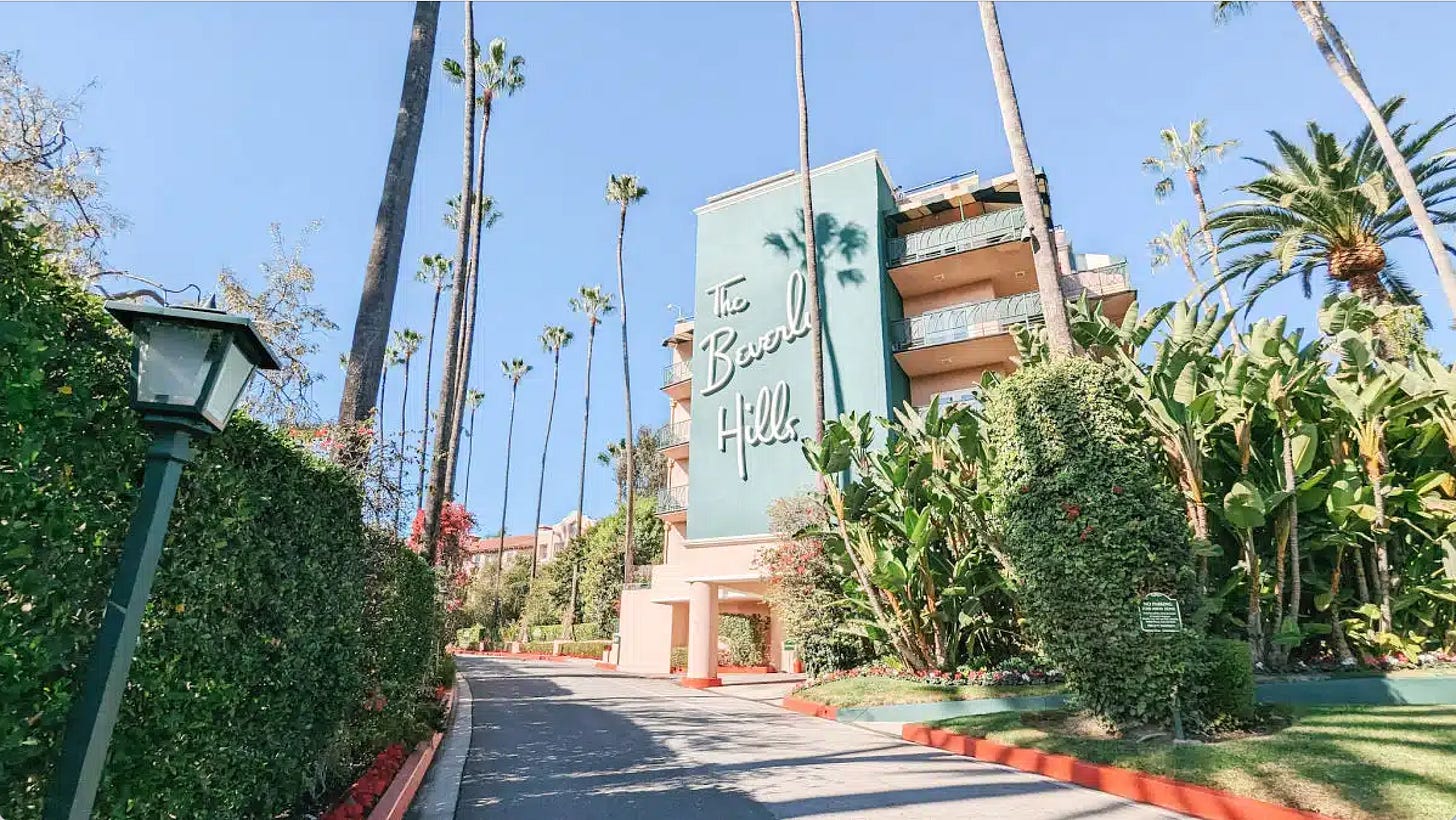
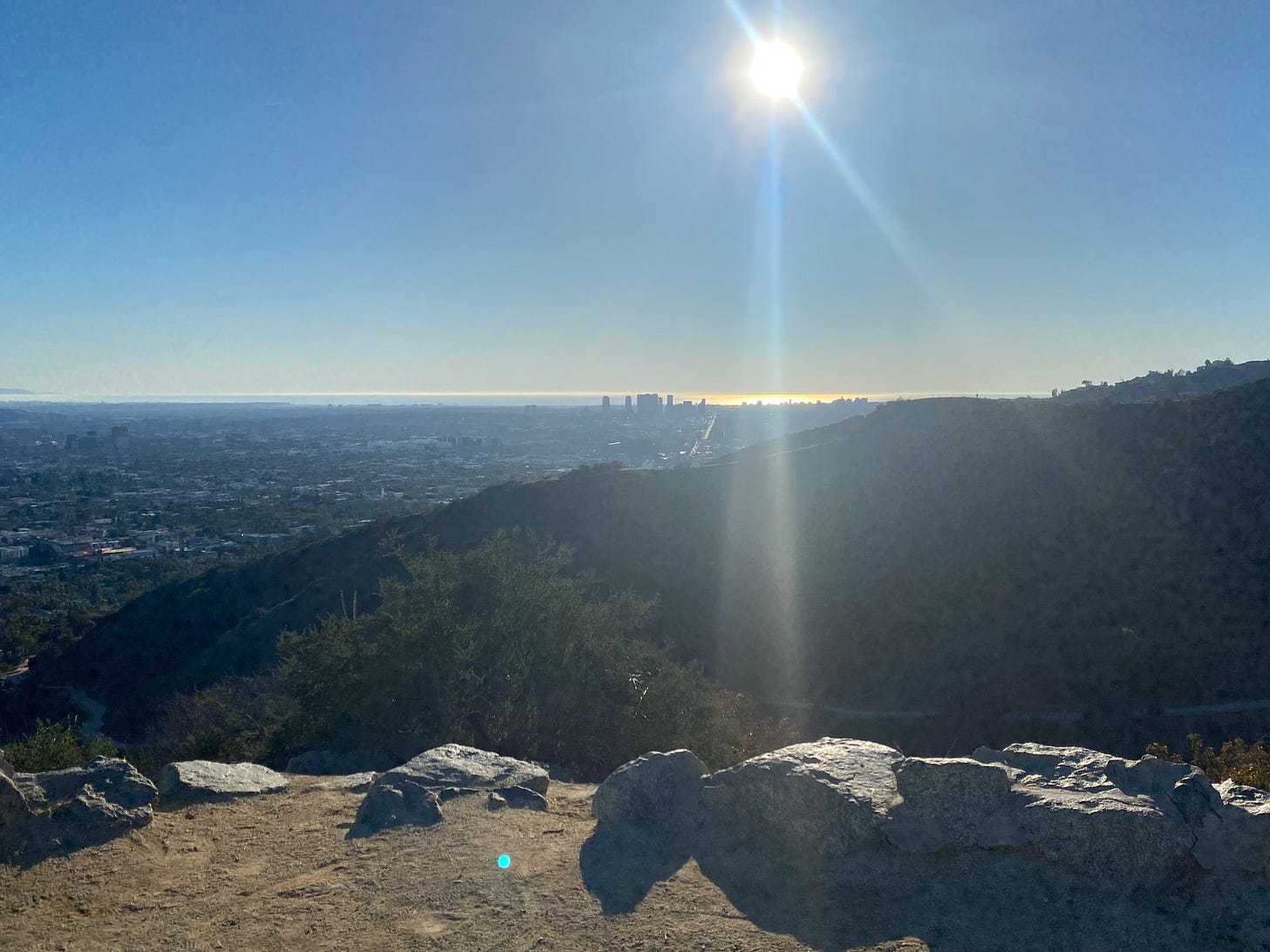

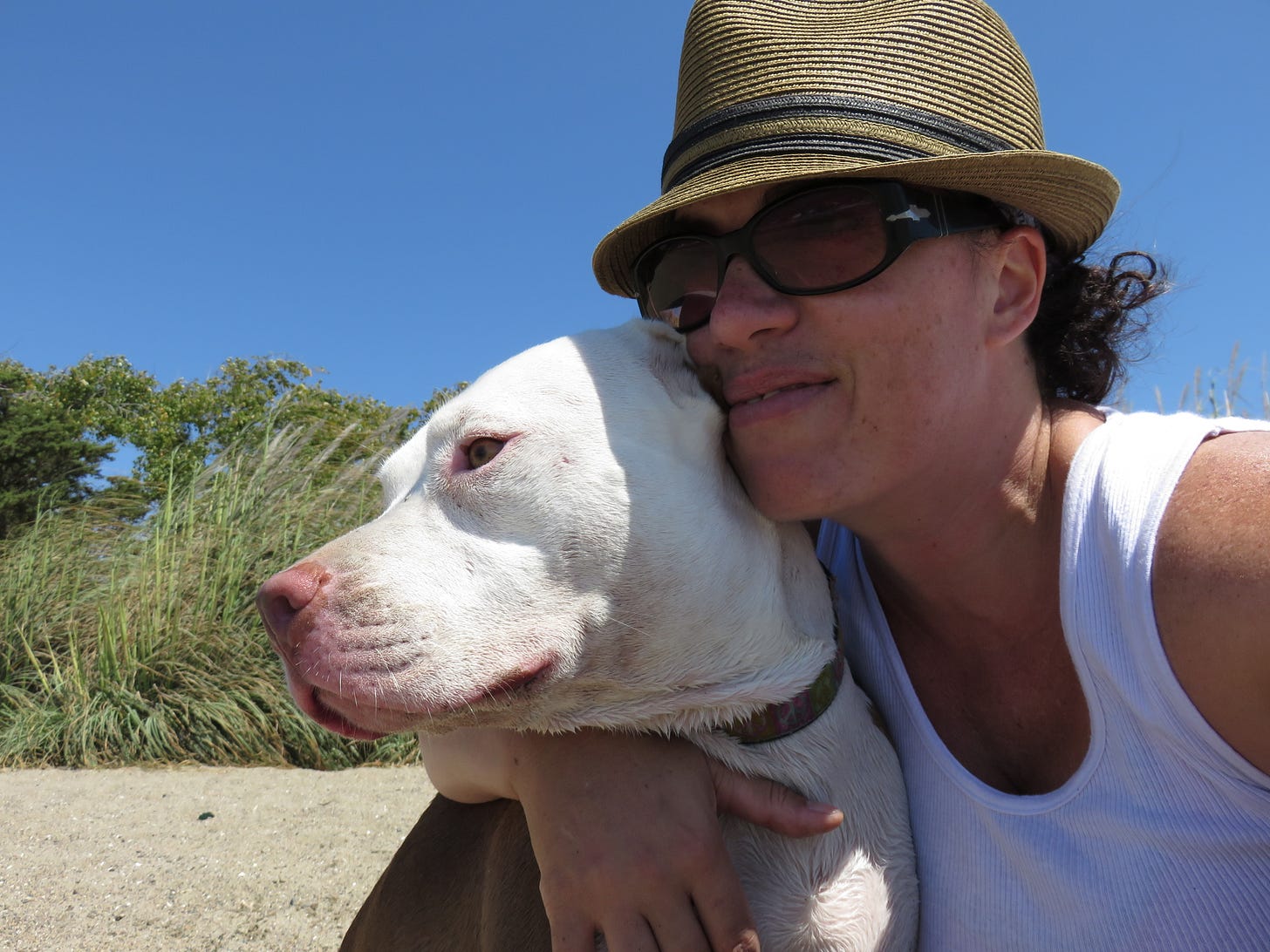
Thank you for sharing a slice of your life in LA with us!
So many of us have LA connections. Even watching a movie might count. My brother moved from Irvine to Massachusetts just a few months ago (I’d been worrying about him, but never imagined anything quite like this). My former mother-in-law lived in Northridge, and I visited her there many times. It’s horrifying and surreal to see the photographs, especially the aerial ones that show the enormous stretches of city that have been lost.